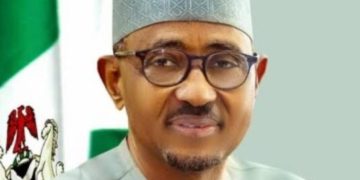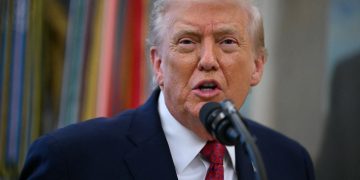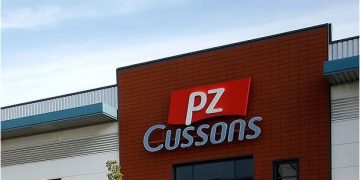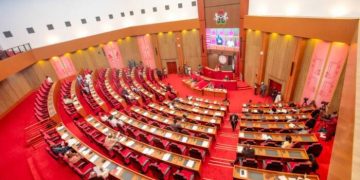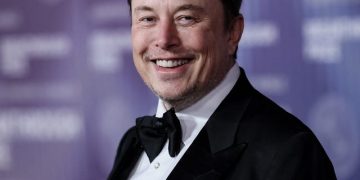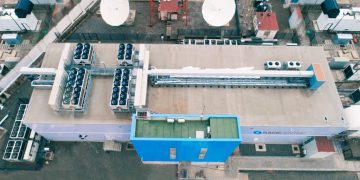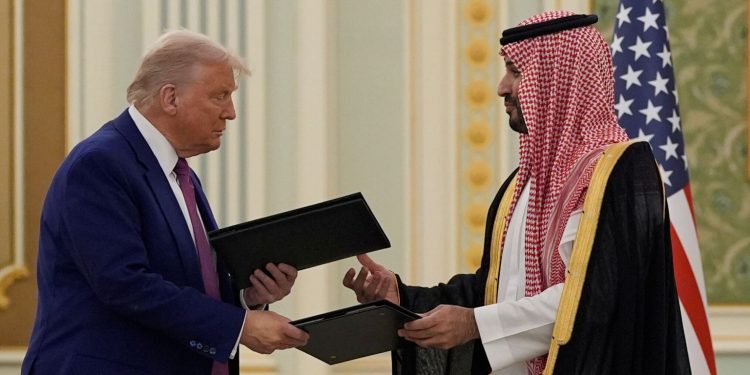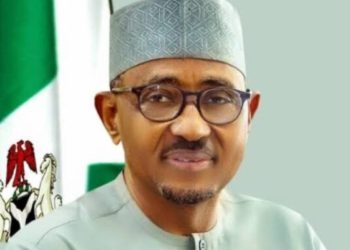U.S. President Donald Trump has sealed a historic $142 billion arms deal with Saudi Arabia, marking the largest single defense agreement in American history. The pact is a central component of a broader $600 billion investment initiative between the two nations, encompassing defense, technology, infrastructure, and artificial intelligence.
The arms deal includes contracts with over a dozen leading U.S. defense firms and is aimed at enhancing Saudi Arabia’s air and missile defense systems, maritime security capabilities, and integrated communications infrastructure. While the kingdom has shown a strong interest in purchasing F-35 stealth fighter jets from Lockheed Martin, the deal does not currently confirm this acquisition, with U.S. officials reportedly still debating the potential transfer of such sensitive technology.
Alongside the defense package, the U.S. and Saudi Arabia unveiled a massive economic partnership. The agreement includes plans to modernize infrastructure, expand technological cooperation, and develop AI capabilities. One of the largest technology deals involves Nvidia, which will supply 18,000 state of the art GB300 Blackwell AI chips to Humain, a Saudi artificial intelligence firm. These chips are set to power a 500-megawatt data center in Riyadh, positioning Saudi Arabia as a rising hub in the global AI race.
Other American tech giants, including Google and Oracle, have pledged a combined $80 billion to jointly develop data centers and cloud computing infrastructure across the Gulf region. Meanwhile, Saudi-based DataVolt announced its own $20 billion investment to build advanced AI facilities in the United States, signaling a deepening of reciprocal economic ties.
Trump also announced the lifting of all U.S. sanctions on Syria, a move framed as a step toward regional stabilization. Syrian authorities, along with the United Nations, welcomed the decision. Trump is expected to meet with Syria’s new president, Ahmed al-Sharaa, in what will be the first meeting between a U.S. and Syrian leader in over two decades. The policy reversal comes amid broader American efforts to reengage diplomatically with governments across the Middle East.
At a press conference in Riyadh, Trump issued a forceful warning to Iran, calling it “The most destructive force” in the region. He declared unequivocally that the United States would never allow Iran to acquire a nuclear weapon. While he left the door open for dialogue, he emphasized that time for diplomatic solutions was limited, urging Iranian leaders to abandon their path of “chaos and terror” and instead pursue peace and cooperation.


